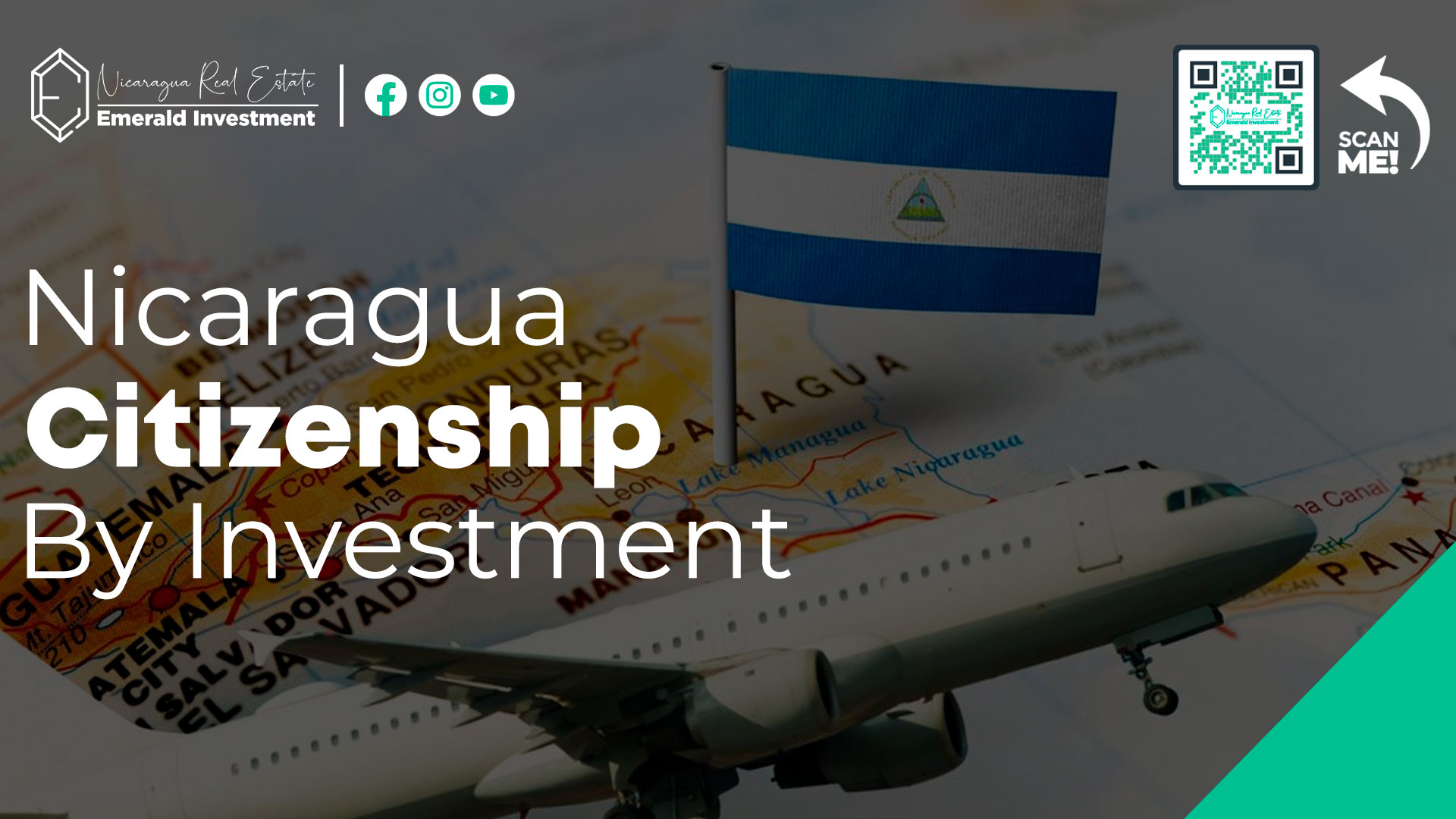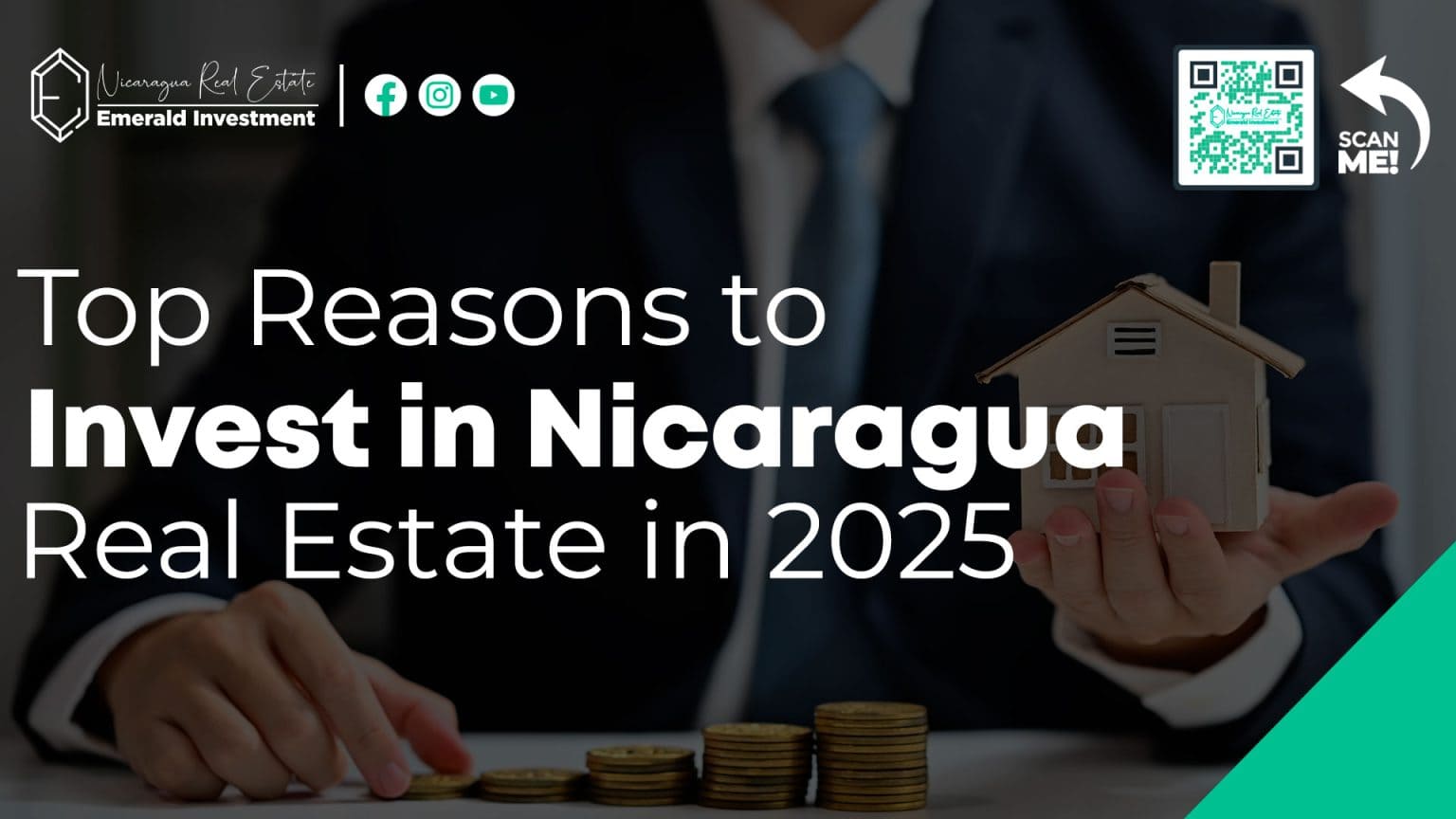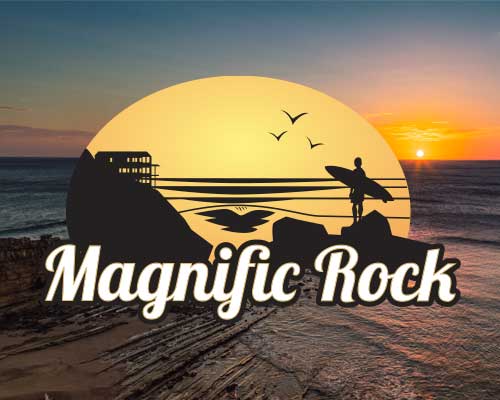If you’ve been looking to buy real estate in Nicaragua, you’re probably wondering about owner financing real estate. Unfortunately, traditional bank loans are currently not unavailable in these markets. However, some sellers will consider offering an owner financing structure on a case-by-case basis.
Mortgages are probably the most common method of financing a home, but not all homebuyers can meet the stringent financing requirements. Owner finance is an alternative to mortgages. This is a real estate contract where the seller of the property finances the buyer’s purchase. Here are the pros and cons of owner financing for both buyers and sellers.
Owner financing can be a good option for buyers who don’t qualify for a traditional mortgage.
For sellers, owner financing provides a faster way to close because buyers can skip the lengthy mortgage process. Another perk for sellers is that they may be able to sell the home as-is, which allows them to pocket more money from the sale.
What is Owner Financing Real Estate?
A home is typically the largest single investment an individual makes, and the process is difficult for anyone, especially first-time home buyers. Due to the often high price of turn-key homes, many buyers would require a financing option, which would usually be a mortgage. However, for the reasons mentioned above and the forward thinking of the real estate industry in Nicaragua, a more practical alternative to a mortgage is an owner’s finance. In this method, the buyer finances the purchase directly through the seller rather than going through a traditional mortgage lender or bank.
Owner financing is when a buyer pays a portion of the purchase price as a down payment to the seller, takes possession of the property, and then pays the remaining balance to the seller over a mutually agreed-upon amount of time. In this case, the seller acts as the bank and will typically keep the title in their name until the total balance is paid, although the buyer has physical possession of the property.
For example, a buyer may be very interested in purchasing a property, but the seller will not flex on the $350,000 asking price. In this scenario, a buyer might be willing to pay that amount and work out a deal involving owner finance. A buyer would make a down payment, and would finance the rest for an agreed upon term, with interest included. The down payment, term length, interest rate and other stipulations of the deal are usually fairly negotiable, and your real estate agent and legal advisors can help you structure your offer in such a way that both buyer and seller feel comfortable with the terms. The goal is always a win-win-win and with owner financing, this has been the case.
How does Owner Financing Real Estate in Nicaragua Work?
In owner finance (also called seller finance), the seller does not give the buyer money like a mortgage lender does. Instead, the seller provides the buyer with enough credit to cover the purchase price of the home minus the down payment. The buyer then makes periodic payments until the amount is paid in full.
The buyer signs a promissory note to the seller that spells out the terms of the loan, including:
- Interest rate
- Repayment schedule
- Consequences of default
The owner sometimes keeps the title to the house until the buyer pays off the loan.
Most self-financing is short-term loans with low monthly installments. A typical arrangement would be to amortize the loan over 30 years (with low monthly payments) and have the final balloon payment in just 5 or 10 years. The idea is that after 5 or 10 years, the buyer will have enough equity in the home or have enough time to improve their financial situation to qualify for a mortgage.
Owner financing is a great option for both buyers and sellers, but it also comes with risks. Let’s take a look at the pros and cons of owner financing, whether you’re a buyer or a seller.
Owner Financing Real Estate Pros and Cons for Buyers
For buyers, owner financing has many pros and cons to consider before trading.
Buyer benefits
- Faster Closure: There is no need to wait for bank loan officers, underwriters or legal departments to process and approve your application.
- Favorable conclusion: No bank charges or appraisal fees.
- Flexible Deposits: There are no bank or government mandated minimums.
- Alternatives for buyers who cannot get financing: A good option for buyers who cannot secure a mortgage.
Buyer’s Disadvantages
- Higher interest: The interest you pay can be higher than you pay the bank.
- Requires seller’s permission: Even if the seller is the owner’s financial match, they may not want to be your lender.
- Time-limited sale terms: If the seller has a mortgage on the property, the bank or lender may demand full payment of the debt as soon as the house is sold. This is because most mortgages have delinquencies. Banks can order a foreclosure if the lender does not make payments. To avoid this risk, make sure the seller has free and clear ownership.
- Balloon payment: Many owners’ financing will require large payments in 5 or 10 years, sometimes even shorter terms of 3 years. If you can’t secure funding by then, you could lose all the money you’ve paid so far.
Owner Financing Real Estate Pros and Cons for Sellers
Of course, there are pros and cons for sellers in owner-financing deals as well.
Pros for Sellers
- Can sell “as-is”: Potential to sell without making costly repairs that traditional lenders might require.
- A good investment: Potential to earn better rates on the money that you raised from selling your home than you would from investing the money elsewhere.
- Lump-sum option: The promissory note can be sold to an investor, providing a lump-sum payment right away.
- Retain title: If the buyer defaults, then you keep the down payment, any money that was paid—and the house.
- Sell faster: Potential to sell and close faster, since buyers avoid the mortgage process.
Disadvantages of Seller
- Buyer specifications: Buyers can stop payments at any time. If this happens and they just don’t walk away, it could end up in foreclosure proceedings.
- Repair cost: If you take back the property for any reason, you may have to pay for repairs and maintenance, depending on how well the buyer has maintained the property.
Requirements for Owner Financing Real Estate in Nicaragua
An owner-financing deal should be facilitated through a promissory note. The promissory note outlines the terms of the arrangement, including but not limited to the interest rate, repayment schedule, and the consequences of default. The owner also typically keeps the property title until all the payments have been made to protect himself against default.
Some do-it-yourself transactions can be fully managed by the owner, but assistance from a real estate advisor and reputable attorney is generally advisable. Having your legal council complete full to partial due diligence prior to the promissory note signing is highly recommended, in order to establish that the owner/seller is, in fact, in a position to sell the property and that they can eventually release the title in exchange for financing some portion or all of the deal.
The Bottom Line
While it hasn’t been as common in these last years, owner financing has become increasingly more popular. Under the right circumstances, seller financing can be a good option for buyers and sellers. Still, there are risks for both parties that should be weighed carefully before signing any contracts.
If you’re considering owner financing, it’s generally in your best interest to work with reputable real estate advisors and attorneys that are highly qualified to represent you during negotiations and review the contract to make sure that your rights are protected.
Find the perfect Owner Financing Real Estate in Nicaragua
Although the saying goes, “cash is king”, in the real estate markets of San Juan del Sur, Granada and the Emerald Coast of Tola – times are changing! If you don’t have 100% of the funds upfront, an owner financing may be your best option.
Our real estate listings available for owner financing offer the solution you need. We have a variety of properties for sale available for owner financing, from ocean view lands in desirable neighborhoods to luxury beach houses.
To learn more specific areas, browse our listings under Popoyo Real Estate for Sale or discover why so many choose Hacienda Iguana as their ideal retirement destination.”
Are you ready to invest in Nicaragua? Before you start your search make sure you have all the information you need to make a informed decision. That’s why we highly recommend checking out our blog “How to Buy a House in Nicaragua”. A thorough step guide, from locating the ideal property to closing the sale. Acquire valuable perspectives and professional guidance for a sure and knowledgeable decision-making journey. Find your dream home today.
Nicaragua is on everyone’s radar, don’t miss the wave! Contact us today for a free consultation to discuss your property journey. We are looking forward to hearing from you soon!
“Also, if you’re planning a long-term stay or retirement, don’t miss our article Reasons to Retire in Hacienda Iguana and our guide on Doing Business in Nicaragua as an Expat.”



